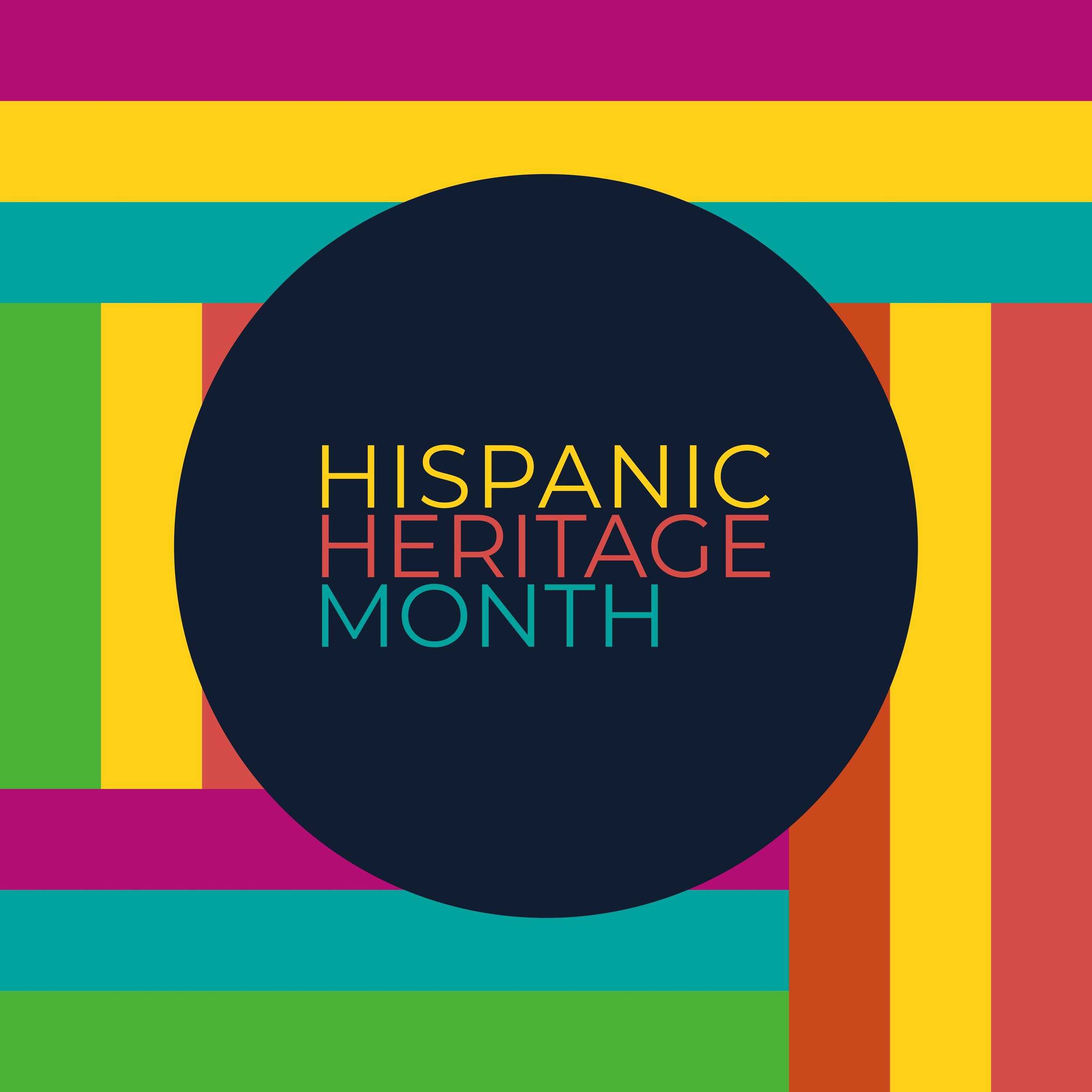Clarifying Hispanic Heritage Month
[adipurnatama]
Sept. 15 marks the first day of Hispanic Heritage Month.
This cultural observance month is the only one celebrated in the United States that starts and ends mid-month, from Sept. 15 to Oct. 15. Día de Los Muertos is celebrated not long after on Nov. 1. This means many areas of the nation may experience some type of Hispanic or Latino cultural expression anywhere between September through November!
This window provides for many days to commemorate this “month,” but also many days to make a cultural mistake. When something occurs atypical from the common pattern (a mid-month observance versus the typical first to last day of the month observance) people can become confused.
Mix in the different countries and communities that the United States has grouped under this month, and it’s more confusing. Confused people are more likely to make a mistake or become offended. Moving our publics from confusion to clarity is where we as communicators should set our intentions. Let’s clear up some things.
Why start mid-month?
Many historical milestones are observed within this mid-month time frame. Latin American countries Costa Rica, Guatemala, El Salvador, Nicaragua and Honduras commemorate their independence day on Sept. 15. Mexico celebrates theirs on Sept. 16 and Chile marks theirs on Sept. 18.
“Hispanic” or “Latino” Heritage?
Should we call this month, “Hispanic Heritage Month, Latino Heritage Month or Latinx Heritage Month?” Like most everything in communications, it depends! Make your decision based on a situational analysis.
While multiple identifying terms may cause confusion, it makes sense there are multiple terms for a group of people who have connections to multiple countries. The White House and the U.S. State Department both use, “Hispanic Heritage Month” and that’s the original name for this national observance. However, communicators can be technically right but seem wrong in the eyes of those we serve.
If using Hispanic Heritage Month has recently caused some friction for your organization, get to know the publics you want to describe or connect with. Then use the terminology that’s most widely appreciated by them. Seek advice from the most reputable community organization or cultural influencers connected with that public if you can’t perform primary research. Don’t just jump on the latest trendy term.
For example, research by Pew Research Center shows that younger, more acculturated members of the Latino community may prefer one term, while older, or unacculturated individuals may prefer another term. Know your audience and tailor your communication for them. Research insights may mean staying the course, or changing course in the future.
Heritage or history?
Why Hispanic Heritage Month and not Hispanic History Month? The U.S. State Department lists a mix of history and heritage months. From my count, more heritage months are being added lately versus history months. Do you know the difference between history and heritage?
According to Merriam-Webster, heritage is something that descends to an heir. Heritage is passed down — property, values, culture, traditions — one generation to the next. History is the study of the past, information we typically receive from a written narrative.
Those who dig into history have pointed out how these narratives can be inaccurate or biased. Keep these differences in mind when/if you plan to observe the national months. Is your goal to highlight historical figures and past contributions of diverse trailblazers? Or are you interested in sharing aspects of what people inherit that becomes part of their cultural identity? Heritage is about preserving, while history is more about remembering.
Writing this column brought a song to mind. When I was 10 years old, my school held an awesome outdoor pep rally. A boombox jammed music we danced away to. One song, “Heritage,” stuck with me. It was by Earth, Wind & Fire featuring a kids group called The Boys. That song was probably my first recognition of diversity appreciation, and the first time I understood what heritage was. Kids of all kinds bounced around and sang, “Your heritage, be proud of who you are…”
Let’s remember that any month we observe should instill pride. That kind of experience can foster belonging.
Copyright [2022] The Public Relations Society of America (www.prsa.org). Reprinted with permission.

